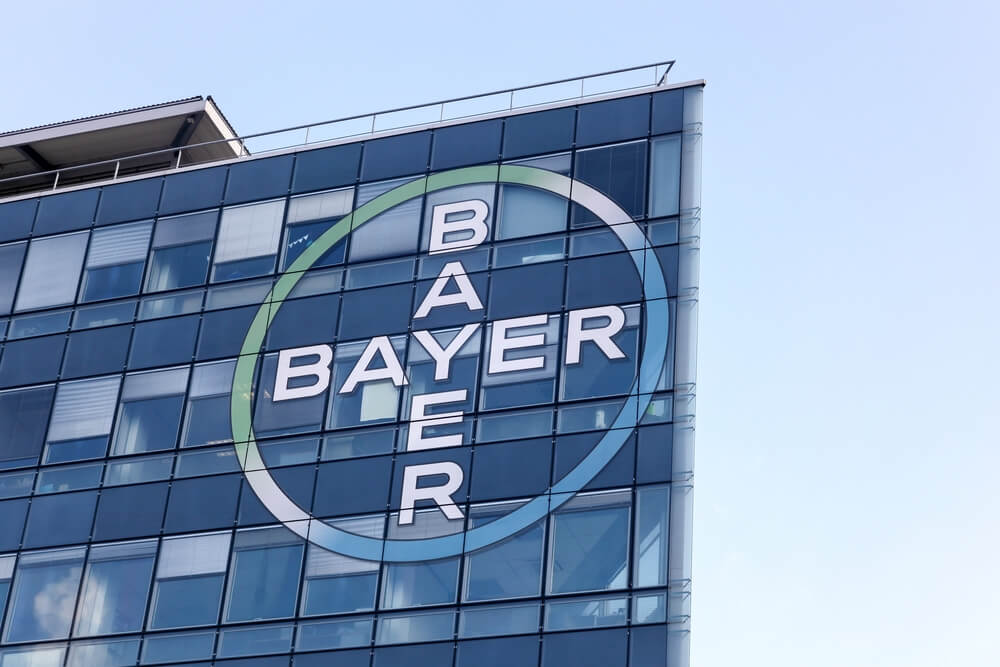German pharmaceutical giant Bayer AG has agreed to the U.S. government’s demand that it sell about $9 billion in agriculture businesses as condition for acquiring Monsanto Co., a U.S. seed and weed-killer maker.
Antitrust regulators at the Justice Department say it’s the biggest divestiture ever required for a merger. The regulators say they directed Bayer to divest assets such as vegetable oils, seeds and seed treatments to ensure fair competition in the market after the massive agriculture business deal goes through. The assets will be sold to BASF, a German chemical company.
Bayer’s $57 billion takeover of Monsanto has been watched by competitors and environmental groups, which are fearful that the number of players in the business of selling seeds and pesticides will shrink further and give a single company an exclusive grip on the food chain.
Monsanto, based in St. Louis, is one of the world’s biggest seed companies. The merger would make Bayer the largest supplier in the world of pesticides and seeds for farmers.
The divestiture proposal will be filed in federal court and opened to public comment for 60 days.
In March, the European Union approved the merger on condition that Bayer sell $7.4 billion in assets to BASF to eliminate overlaps in seed and pesticide markets. The U.S. Justice Department said after the European action that it continued to have concerns over the proposed merger, especially its potential impact on American farmers and consumers, which could differ from its effects in Europe. Genetically modified seeds, for example, are used widely in the U.S. but mostly banned in Europe.
The merger also has won approval from China, Brazil and Australia.
Bayer said it has now secured nearly all the needed government clearances for closing the deal.
“Receipt of the (Justice Department’s) approval brings us close to our goal of creating a leading company in agriculture,” Bayer CEO Werner Baumann said in a statement. “We want to help farmers across the world grow more nutritious food in a more sustainable way.”
Some antitrust experts had warned that the merger would eliminate direct competition between two of the biggest players in the seed industry, giving the new company lopsided control over U.S. cotton acreage, and commercial seed development for canola, soybean and corn.
Two big mergers last year already have reshaped the global seed and pesticide market: Dow Chemical’s combination with DuPont last year, and China National Chemical Corp.’s acquisition of Syngenta, a Swiss seed and pesticide maker.
© The Associated Press. All rights reserved.
